
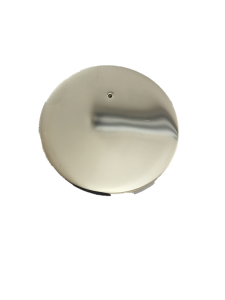
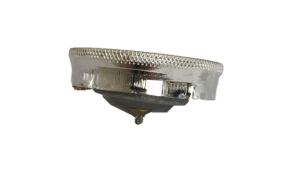


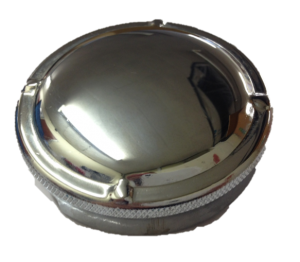

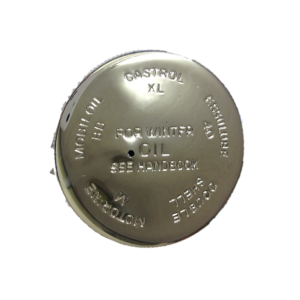
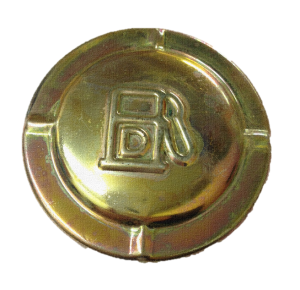
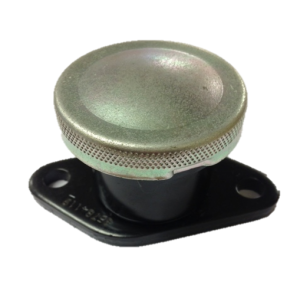
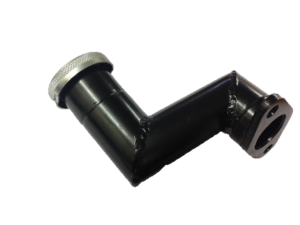

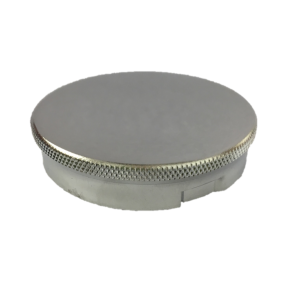
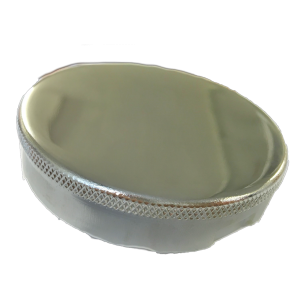


Having a vented cap on a diesel fuel tank is important for several reasons, primarily related to safety, efficiency, and proper functioning of the fuel system. These are the most common questions we get asked by our customers.
How do you prevent pressure build up in a diesel fuel tank?
Diesel fuel tanks experience changes in temperature and atmospheric pressure. Without a vented cap, the tank could develop pressure imbalances as the fuel expands and contracts due to temperature changes. A vented cap allows the tank to equalise pressure with the surrounding atmosphere, preventing potential damage to the tank or fuel system components.
How do you avoid vacuums in fuel tanks?
Similarly, when fuel is consumed from the tank, it creates a partial vacuum inside the tank. A vented cap helps to prevent this vacuum condition, which could impede the fuel flow, strain the fuel system, or even lead to damage in extreme cases.
How do you prevent fuel tank contamination?
Diesel fuel tanks need a source of fresh air to replace the volume of fuel being used. If the tank is not vented properly, the negative pressure inside the tank could lead to contaminants being drawn in from outside, potentially compromising the quality of the fuel.
How do you optimise fuel delivery?
Proper venting ensures consistent fuel delivery to the engine. If pressure imbalances or vacuum conditions happen, they might disrupt the fuel flow, affecting the engine’s performance and efficiency.
How do you reduce vapor accumulation?
Diesel fuel can produce vapours, especially in warmer temperatures. A vented cap allows these vapours to escape rather than accumulating inside the tank. Accumulated vapours could potentially create a safety hazard, increase pressure, or contribute to emissions.
What are the safety concerns for a non-vented fuel cap?
If pressure builds up inside a non-vented tank, it could result in leaks or ruptures, which can be dangerous. A vented cap helps to mitigate these risks by ensuring pressure doesn’t reach dangerous levels.
Are there any regulations for fuel caps?
Many jurisdictions have regulations or standards in place for fuel tanks, including requirements for proper venting. Having a vented cap helps ensure that your fuel tank meets these regulations and prevents potential legal issues.
A vented cap on a diesel fuel tank is crucial for maintaining good engine health. It’s a small but essential component that plays a significant role in the overall functionality and longevity of the fuel system.
If you have any questions about our products and services please get in touch.